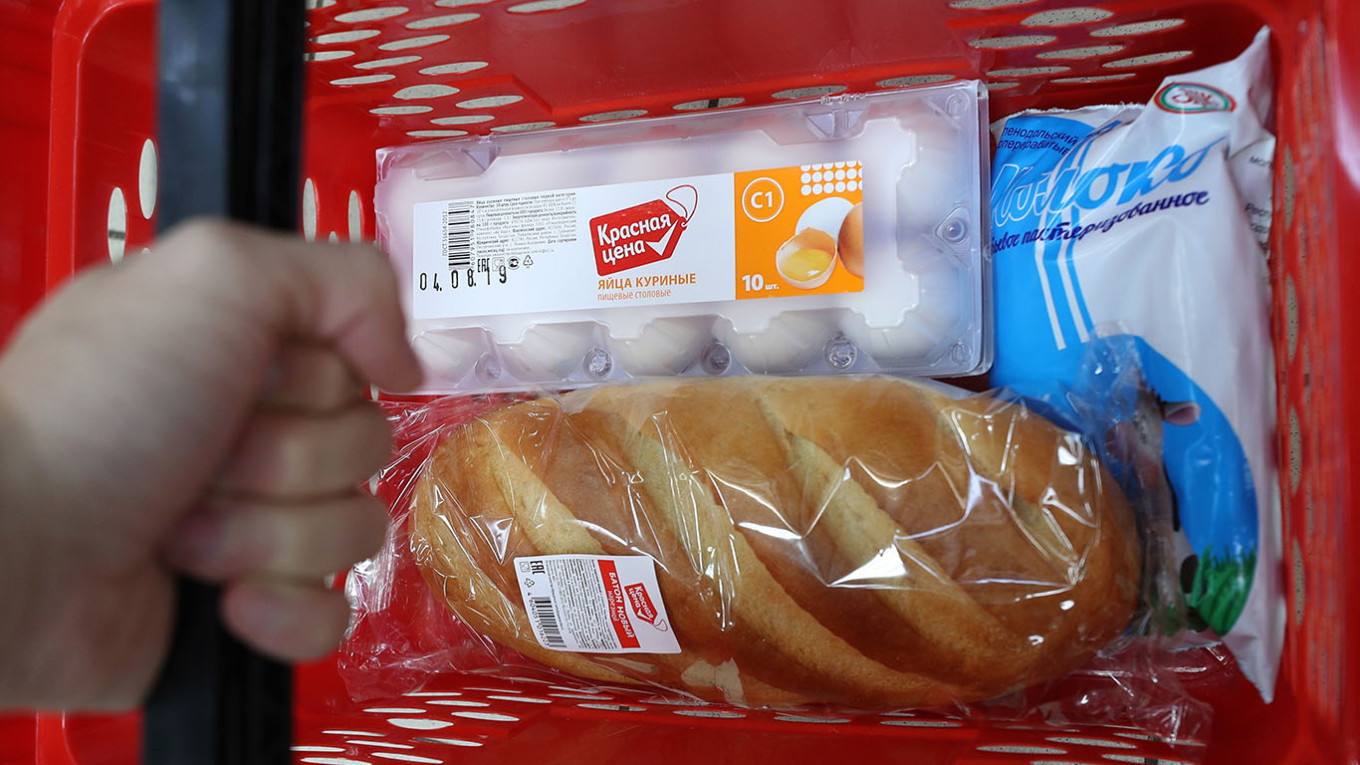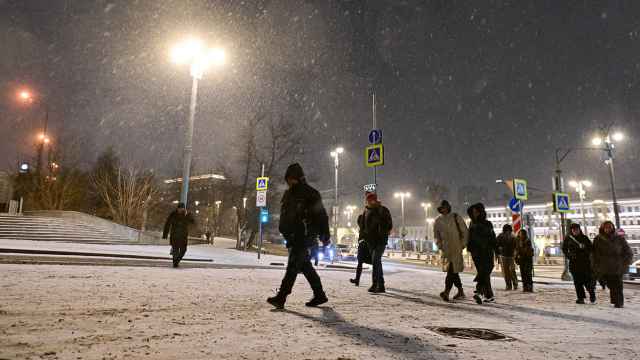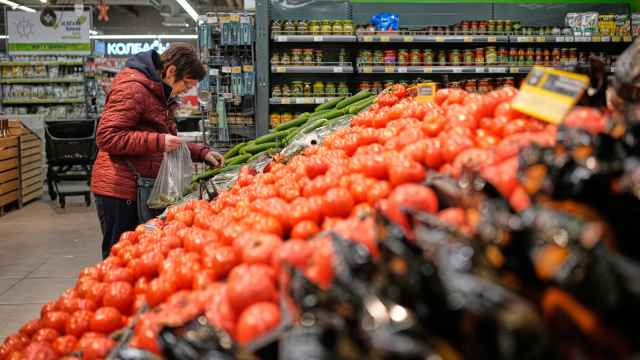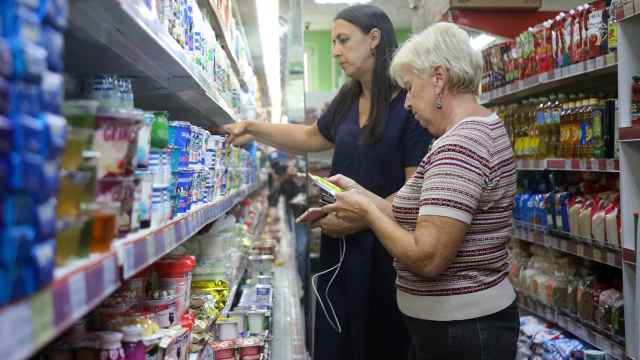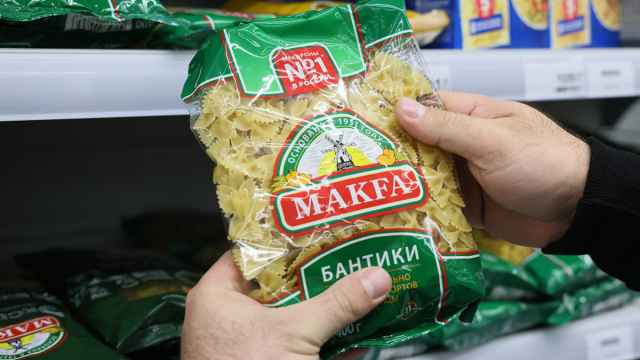Let me start with good news: there are now plenty of eggs in Russia. So many, in fact, that the country is producing 20% more than it needs.
That has unsurprisingly caused prices to collapse. Producers are ready to sell eggs at prices20–25% cheaper ten years ago, just to avoid resorting to extreme measures such as culling laying hens. But not all producers are coping — many are culling their livestock en masse.
But if we analyze the available data, the numbers don’t add up. See for yourself: the number of laying hens has increased by 0.9% this year. Egg production has risen by 6.3%. So where does a 20% surplus come from?
Let me not keep you in suspense: it’s simply the result of seasonal patterns. Chickens stop laying well in colder months as days get shorter. Even on industrial poultry farms with heated barns and artificial lighting, egg production drops starting in November and only picks up again in March. Hens lay fewer eggs, so prices go up.
Then something interesting happened.
Normally, demand for eggs remains steady year-round. People make fried eggs for breakfast in winter and summer alike. Maybe slightly fewer in summer, but certainly not enough to change the market.
Then there are pies and pastires, which also require eggs. Right before Easter, demand spikes: a couple dozen are needed for dyeing, a dozen per kilo of dough for a proper kulich easter bread, half a dozen for paskha cake. Food, after all, is the primary — if not only — marker of Russian Orthodox identity. Eggs have always become more expensive before Easter, but prices usually fluctuate only slightly throughout the rest of the year.
But last year, red meat — especially beef — suddenly became more expensive. Then dairy prices rose. Then chicken. What do all these products have in common? They’re all sources of protein. Legumes are another protein source, but are not very popular among Russians. So poorer households turned increasingly to eggs.
Are the poor to blame? Not exactly. Seasonal drops in egg-laying, combined with increased demand from low-income consumers, contributed to higher prices. The magnitude of the increase, however, is entirely the fault of poultry producers.
Here’s a telling figure: early last year, egg-production profitability rose to 53.6%. Normal margins in agriculture hover around 10-15%. At 20%, the CEO of a poultry complex dances with joy and collects bonuses. Poultry farming in Russia is dominated by large, often monopolistic businesses. For years, it has been forbidden to keep backyard chickens near industrial farms — supposedly to prevent avian flu outbreaks (which happen anyway). The result is clear: household farms and small producers cannot compensate for shortages during mass die-offs or other disruptions. And, crucially, they cannot influence prices.
So last year’s spike in egg prices was caused not only by winter and poor consumers, but the main blame lies with large producers. Or rather, with officials who manage agriculture so skillfully that they fail to perform their most basic task: smoothing out the negative effects of the market. Businesses care only about profit — as they should. But officials resorted to egg imports far too late. Imported eggs arrived precisely when prices were already falling.
Alas, I cannot end the egg discussion on a positive note. As winter approaches, hens will lay fewer eggs. And consumers, preparing for the New Year, will start chopping them into an Olivier salad. One of the key ingredients — mayonnaise — made from eggs and sunflower oil.
And here comes more bad news.
Sunflowers are an undemanding crop. All they need is sun, so they’re profitable for farmers. This summer, believe it or not, there was too much sun. There was also too little water. In the main sunflower growing region in Russia's south, yields fell by a third. In the Rostov region, they dropped by 50%. So, Russians should expect sunflower oil to get more expensive.
The weather isn’t entirely to blame: sunflowers are drought-resistant. The problem is the seeds.
Last year, when floods and late frosts destroyed most of the winter wheat in European Russia, farmers begged the Agriculture Ministry to grant them additional quotas to import sunflower seeds — they still had time to reseed the fields. But the ministry remained adamant, and still is: quotas on imported seeds are being cut and will be cut further, down to zero.
Those who managed to obtain imported seeds replanted. Those who could not harvest a meager wheat crop that barely covered the cost of the diesel needed for the tractors.
This year, most sunflower fields were sown with domestic seeds. You can guess what that means.
Don’t get me wrong: I’m not opposed to supporting domestic production, especially in agriculture. But even if you put nine pregnant women together, a baby still won’t be born in one month.
Breeding high-yield varieties requires advance biotechnology. Is Russia a global leader in that area? No? Then why suffocate farmers right now? Did the Soviet automotive industry not provide enough evidence that banning imports doesn’t make domestic products better, only more expensive?
But can't government intervention spark innovation? What about Korean chaebols, you ask? The Chinese miracle? The explanation is simple. In those cases, governments ordered national producers to beat foreign competitors in overseas markets — in conditions of free competition. They subsidized their firms so they could dump prices while improving technology. If a company failed to improve quality by the deadline, it had to return the money, or worse. In China, people were jailed or even executed. Combine this with a culture of hard work and diligence — and then you get an economic miracle.
But nurturing domestic producers in one industry at the expense of others? That’s a uniquely Russian value.
Where help was needed was with rye. Farmers now sow ten times less rye than in the wild 1990s. As a result, rye prices are up 25%, and rye bread 15%. What happened to this traditional Russian crop, which is far better suited to Russian climate conditions than wheat or corn?
Demand collapsed. Rye is simply unprofitable for farmers. Yields are lower than for wheat and corn. Prices are lower. Rye seeds are mostly domestic but, even without foreign competition, Russian breeders haven’t achieved anything impressive.
Rye is mainly used in breadmaking. Wheat and corn can be used for animal feed, pasta, starch and more. Rye can’t compete there: its main products are bread and kvass. But bread consumption is falling, and kvass too — PepsiCo even stopped producing it. The dreaded word “gluten,” you see, has led people to eat less bread.
Meanwhile, making rye bread is more complicated than making white bread. Rye dough rises poorly; you need malt and molasses for the dark color and sweetness, which makes it unattractive for mass production. So rye bread becomes a niche product — more expensive, less in demand.
This is where officials could have stepped in: like the French when wine began losing ground, they could have launched a national campaign to promote rye bread and kvass. Declare them national treasures (which they are), organize festivals, tastings, emphasize tradition, millennia-old heritage and health benefits. Provide subsidies and incentives to farmers and push breeders.
In short, do what officials are supposed to do.
Instead, they find it simpler and more satisfying to slash import quotas for other seed crops and solemnly distribute them among humiliated supplicants.
All of the Kremlin’s loud rhetoric about import substitution, all this suffering of farmers, and consumers’ shrinking wallets — it’s all for nothing.
According to the Federal Customs Service, from January to July 2025, Russia increased food and agricultural raw material imports to $24.3 billion, 15% higher than the same period last year. This is the highest growth among all product groups. So food imports even exceeded Russian agricultural exports by $3.8 billion.
They regulated and regulated — and regulated themselves into a corner.
My congratulations to the Agriculture Ministry!
A Message from The Moscow Times:
Dear readers,
We are facing unprecedented challenges. Russia's Prosecutor General's Office has designated The Moscow Times as an "undesirable" organization, criminalizing our work and putting our staff at risk of prosecution. This follows our earlier unjust labeling as a "foreign agent."
These actions are direct attempts to silence independent journalism in Russia. The authorities claim our work "discredits the decisions of the Russian leadership." We see things differently: we strive to provide accurate, unbiased reporting on Russia.
We, the journalists of The Moscow Times, refuse to be silenced. But to continue our work, we need your help.
Your support, no matter how small, makes a world of difference. If you can, please support us monthly starting from just $2. It's quick to set up, and every contribution makes a significant impact.
By supporting The Moscow Times, you're defending open, independent journalism in the face of repression. Thank you for standing with us.
Remind me later.


